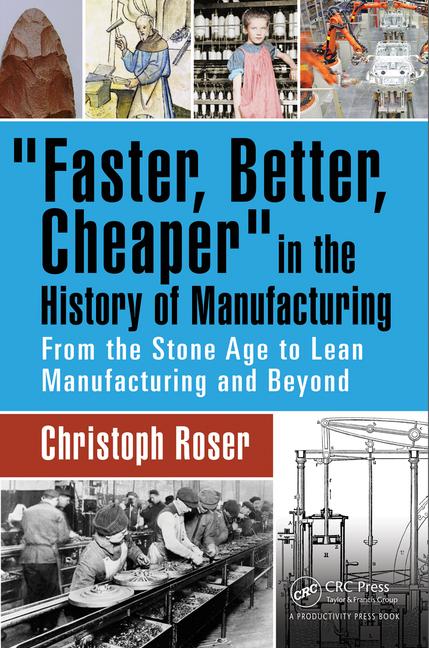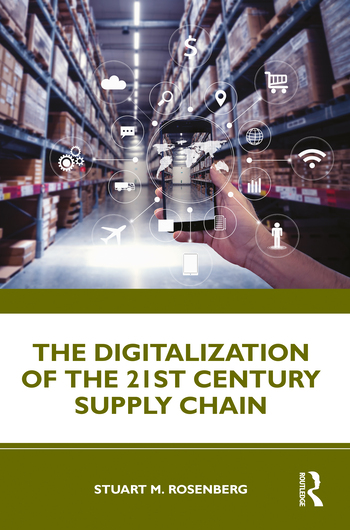The data continue to show economic growth as the United States emerges from the recession. The foremost exception to this positive view is the nearly 3 million manufacturing jobs lost during recent years and not yet made up; a statistic frequently cited to "show" that we are still in a "jobless recovery."
In fact, however, more and more data are suggesting that the U.S. economy is also moving-albeit slowly-toward recovering jobs. Most recent is the quarterly Employment Outlook Survey just released by Manpower Inc. (Milwaukee). The survey reports that 28 percent of manufacturers expect to hire workers in the second quarter. This marks the third consecutive quarter of increased hiring, and is the most aggressive hiring pace in 3 years. Visit www.manpower.com to read the report.
Legislative and regulatory attempts to address politically sensitive issues like jobs often turn out to make the problem worse. Two pending pieces of legislation recently reported by The Wall Street Journal are cause for concern.
The first is an amendment attached to a trade bill by Sen. Chris Dodd (D-CT). The amendment would prohibit the federal government from awarding contracts to companies that outsource part of the work overseas, and impose the same restriction on federal funds spent by the states.
Then there is the Jobs for America Act, introduced by Sens. Tom Daschle (D-SD) and Ted Kennedy (D-MA), and cosponsored by Sen. John Kerry (D-MA). This would toughen the pre-layoff notification requirements employers must comply with. Currently, a company must give its workforce and the government 60 days notice before firing 500 or more employees. The Jobs for America Act would lower the notification threshold to 50 workers, or 15 if jobs are outsourced abroad, and increase the notification period to 90 days.
Both of these are likely to fall victim to the law of unintended consequences. First, Commerce Department data show that the United States runs a large-and growing-trade surplus in services. Does anyone really imagine that if Washington won't let the market decide where the work goes, other countries won't cut off access to their services markets, thereby costing jobs here at home? Second, if hiring an American worker today, and then sending the job overseas later, is likely to penalize an employer, does anyone really imagine that an employer will forego investing in labor-saving technology in favor of hiring?
One of the touchstones held unflinchingly by the late Robert Bartley, long-time editor of The Wall Street Journal, is the fundamental principle that an economy based on "free markets; free people" serves a nation's citizens better than anything else we've ever seen or are ever likely to see. That principle, not the interference of self-serving politicians and government bureaucracies, will always serve Americans best, especially in addressing the jobs dilemma.


